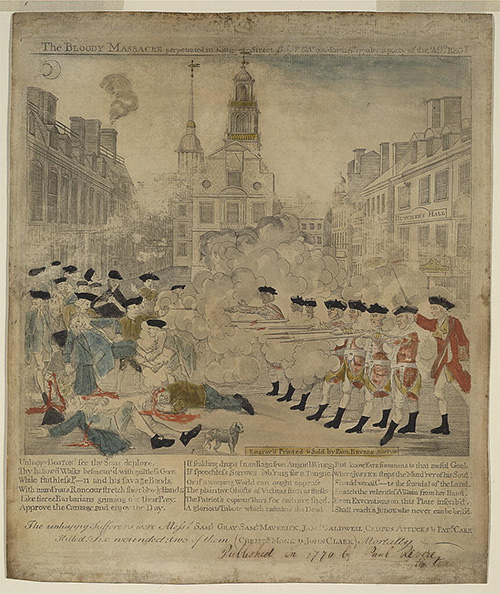What is inquiry?
You’ve probably heard that word in the past couple of weeks in relation to this year’s social studies class.
Inquiry in the social studies classroom begins with a compelling question – a question that doesn’t have a simple yes or no answer nor is the answer easily searchable with Google.
In our case the compelling question for our first inquiry of the year is:
Was the American Revolution avoidable?
Most 8th graders, and Americans, know the story of the Boston Massacre, the Boston Tea Party, the Declaration of Independence, and the American Revolution. The reason for war of ‘No taxation without representation.’ It’s what they’ve been taught since they’ve been in school. But the story behind the American Revolution is much more complex than a simple chronology of events.
Inquiry, is a shift in instruction – which means some of the responsibility for learning shifts from the teacher to the student encouraging students to be engaged and curious and wonder about they ‘why and how’ of social studies.
The question we want our students to grapple with was, was the conflict avoidable or not?
Most adults remember history class as having to remember dates, people, places, battles, and other events. Knowing this information is important, but it’s not about what teaching and learning history should be. In fact, in my years of teaching, I’ve learned it’s what turns most 13-14 years olds off in social studies. Some middle school students love history, but for many students, it’s a drudge.

My mission is to reach more of my students through inquiry, rather than by reading the textbook and quizzing and testing them on facts, people, and places.
Now, will there be times when the students need to know and remember important facts? Absolutely, but it’s not what should drive instruction and learning in a history classroom.
I’ll be bringing the American Revolution to a close this week when the students complete their summative project for inquiry question – it’s their choice in how they respond.
Either the revolutionary war was avoidable or it wasn’t. I am looking forward to hearing and reading what my students think.
